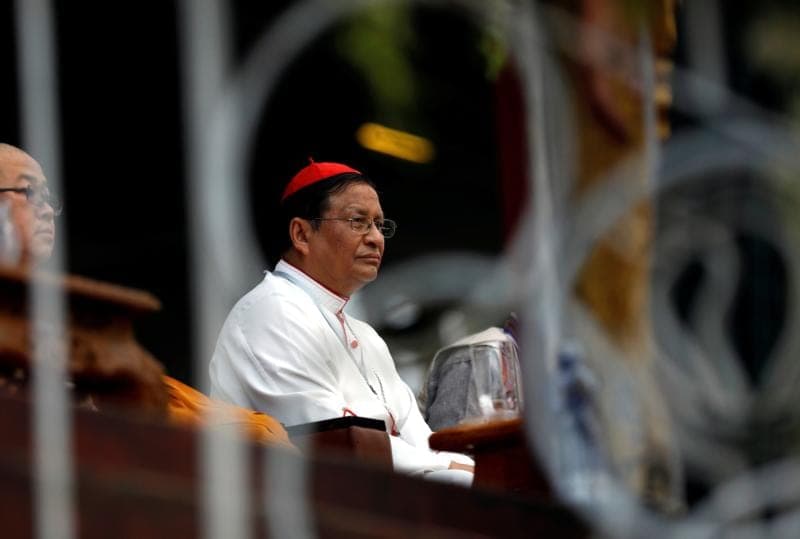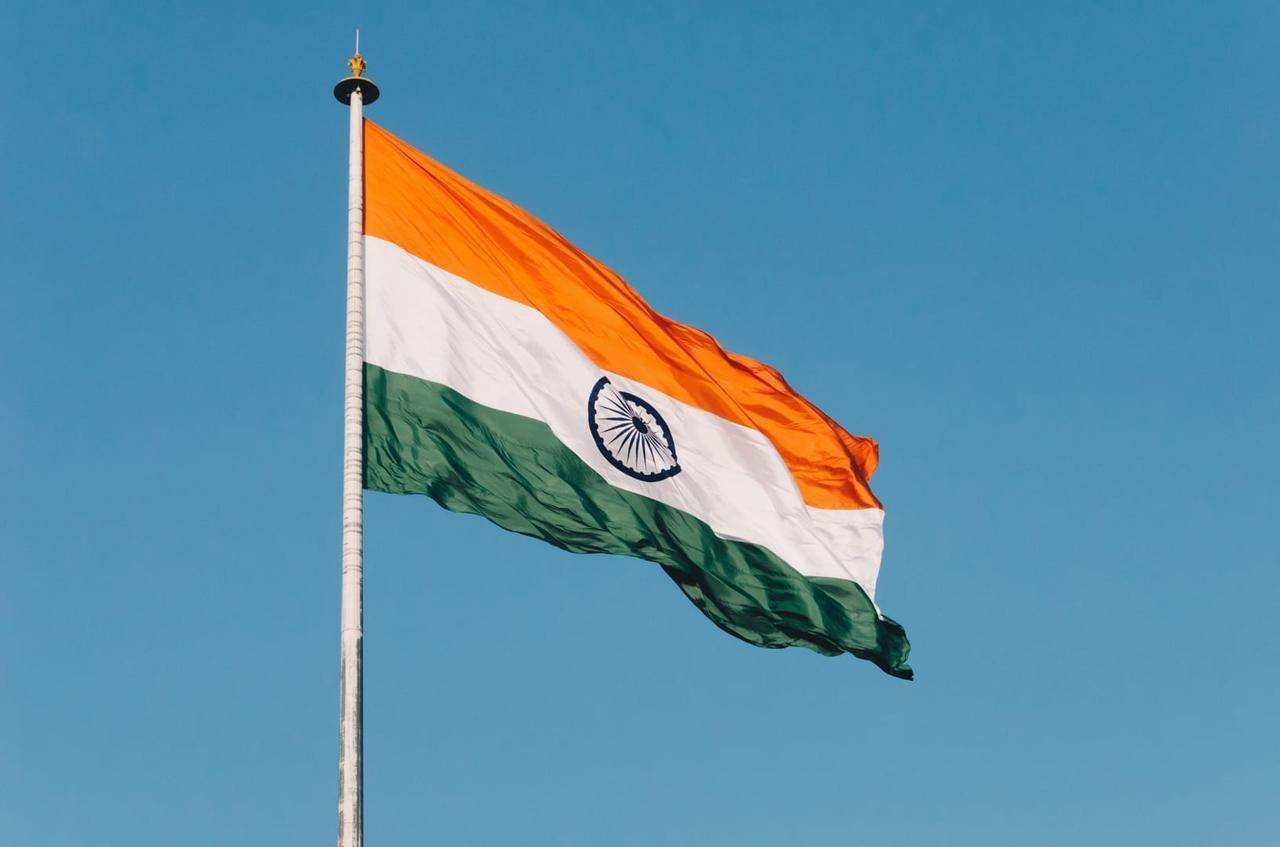MUMBAI, India – As Myanmar gets ready for a general election later this year, Cardinal Charles Bo is calling for members of the clergy to be given the vote.
Under the 2008 constitution of Myanmar – also called Burma – all members of religious orders are barred from voting.
Nearly 89 percent of Myanmar’s more than 50 million people are Buddhist, and the religion’s monks have often been at the forefront of political movements in the country. At the time the constitution was written, the ruling military junta was trying to diminish the power of the nation’s approximately 500,000 monks and nuns.
However, the law also applies to other religions, and bans Catholic priests and nuns – as well as other Christian pastors and Muslim clerics – from voting.
“As Cardinal, I can make statements and speeches and encourage citizens to vote, but I am myself barred from voting. This is an extremely unusual arrangement. I am not aware of any other democracy in which this is a requirement,” Bo said in a Feb. 6 statement.
The 2020 vote is the first general election since 2015’s historic landslide win for the National League for Democracy, led by Nobel laureate Aung San Suu Kyi.
The win is considered the turning point for Myanmar, which has been ruled by the military for most of its history.
This year, over 1,100 legislative seats at the national, state, and regional level will be up for grabs.
“For politicians this may be another election. For the people of Myanmar this is a sacred pilgrimage in this golden land to strengthen their human dignity and common good,” Bo said.
The cardinal said democracy “is a process” in Myanmar, and that power is returning to the people.
“Enthusiastic participation of our people in elections, candidly showed our hunger for a robust democracy. The last five years brought mixed results. With patience, people of Myanmar need to invest their faith in democracy through vigorous participation in the next election,” he continued.
“We religious leaders are also citizens of Myanmar,” Bo said, although clarifying this doesn’t mean endorsing particular candidates for office.
“As a religious leader, identifying parties or leaders to support is not my duty,” he explained.
“But as a country soaked in a great religious tradition and where religious leaders serve as moral guides, it is the duty of every religious leader to encourage all citizens to vote for the leader and party of their choice – based on values. Voting is a sacred duty. It is a sacred pilgrimage of human dignity. Those who shirk this sacred responsibility do so at their own peril,” the cardinal said.
Myanmar faces many challenges ahead of the election, including the fact the military remains a powerful domestic power base, and is intimately entangled in the political and economic spheres of the country. Many military leaders are still suspicious of democratic reforms, and the elected civilian leadership often must tread carefully to keep those reforms moving ahead.
The country is also experiencing several ethnic conflicts, most notably the Rohingya crisis that has sent over 700,000 refugees across the border into Bangladesh. In January, the International Court of Justice ordered Myanmar to take “all measures within its power to prevent all acts that amount to or contribute to the crime of genocide” against the Rohingya.
Although not as well-known outside of Myanmar, several other ethnic groups – such as the Kachin, Chin, and Shan – are also involved in conflicts with the central government.
“For the international community, our nation looks as a wounded nation. Wounded by decades of war, mutilated by mutual hatred,” Bo said.
“Though this assumption may not be true, we need to accept chronic wars for 60 years and thousands of refugees inside the country is a sad fact. Peace is the only way. Peace is possible. There is no peace without justice. Those who will bring enduring peace based on justice and removing all discrimination would be doing historic good to this nation,” the cardinal continued.
Noting that democracy came to Myanmar “at a great personal price of many gallant men and women,” Bo said the candidates in the 2020 election must “fulfill the great dreams of our martyrs.”
“Democracy is a sacrosanct principle built on the holy land of human dignity, articulated in the promotion and protection of human rights – right to life, right to livelihood, right to education, right to religion, right to language, right to land, etc. The option for the poorest and most vulnerable is welded into the human rights discourse. Human dignity from womb to tomb was their dream and our dream too,” he said.
“Peace, reconciliation, harmony among communities, non-discrimination, human development and health are some of our urgent needs. Citizens need to identify parties and individuals who actively support the realization of these needs,” the cardinal continued.
“Vote not for a party or an individual. Vote for a peaceful, prosperous Myanmar of tomorrow.”
Crux is dedicated to smart, wired and independent reporting on the Vatican and worldwide Catholic Church. That kind of reporting doesn’t come cheap, and we need your support. You can help Crux by giving a small amount monthly, or with a onetime gift. Please remember, Crux is a for-profit organization, so contributions are not tax-deductible.
















